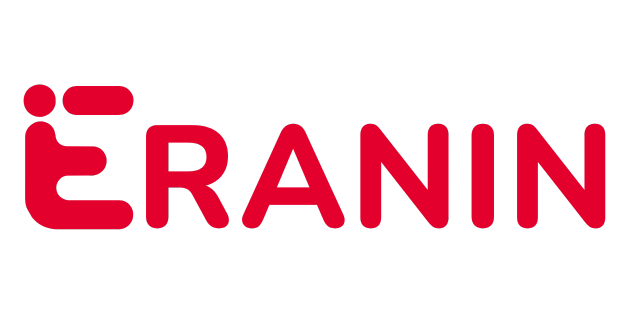Positive Reviews on Google Maps: A Trust-Building Factor
Positive reviews on Google Maps not only foster trust but also influence potential customers' purchasing decisions, helping businesses attra...
Increasing Review Quantity and Quality on Google Maps
Increasing the quantity and quality of reviews on Google Maps helps businesses build credibility, attract new customers, and improve search ...
Benefits of Becoming a Local Guide
Discover the exciting benefits of becoming a Local Guide on Google Maps, from Google rewards to opportunities to connect and share experienc...
Challenges and Responsibilities of Local Guides
Local Guides contribute reviews and face challenges such as ensuring accuracy and the responsibility of providing useful, transparent conten...
Levels of Local Guide: Point System and Benefits of Participation
Learn about the levels of Local Guide on Google Maps, how to earn points, and the benefits you receive as you level up in the Local Guide pr...
The Role of Local Guide in the Google Maps Community
Local Guides provide reviews, photos, and accurate information on Google Maps, helping users make better decisions while supporting local bu...
What is SEO? Why do you need SEO?
Discover what SEO is and why it is important for your business. Learn how to optimize your website to increase organic traffic, improve trus...
Google Algorithm Update 2024: Key Focus Areas in Search Changes
Google's 2024 algorithm update focuses on enhancing content quality and user experience, emphasizing helpful, unique content and mobile-frie...
What is a Site-map? A Guide to Creating and Updating Your Site-map in Google Search Console
Learn what a site-map is, how to create an SEO-friendly site-map, and the steps to update it in Google Search Console to boost search engine...
The Importance of SEO in a Modern Marketing Strategy
SEO is essential for optimizing websites, increasing visibility on search engines, and helping businesses attract organic traffic and reach ...
On-page SEO vs. Off-page SEO: Understanding the Differences and How to Combine Them Effectively
Learn the key differences between On-page SEO and Off-page SEO, and how to combine them for optimal search engine rankings and improved webs...
What is Keyword Research? Effective Keyword Selection for SEO
Learn about Keyword Research, why it is crucial, and the steps to choose effective keywords to boost your website’s ranking on search engine...
















bài viết đầy đủ thông tin về kiến thức từ khoá
bài viết cung cấp thông tin mình đang cần tìm hiểu, hay
bài viết hay, dễ hiểu
chọn từ khoá phù hợp giúp bài viết của bạn có chiều sâu hơn
bài viết cung cấp thông tin cần thiết